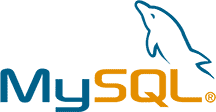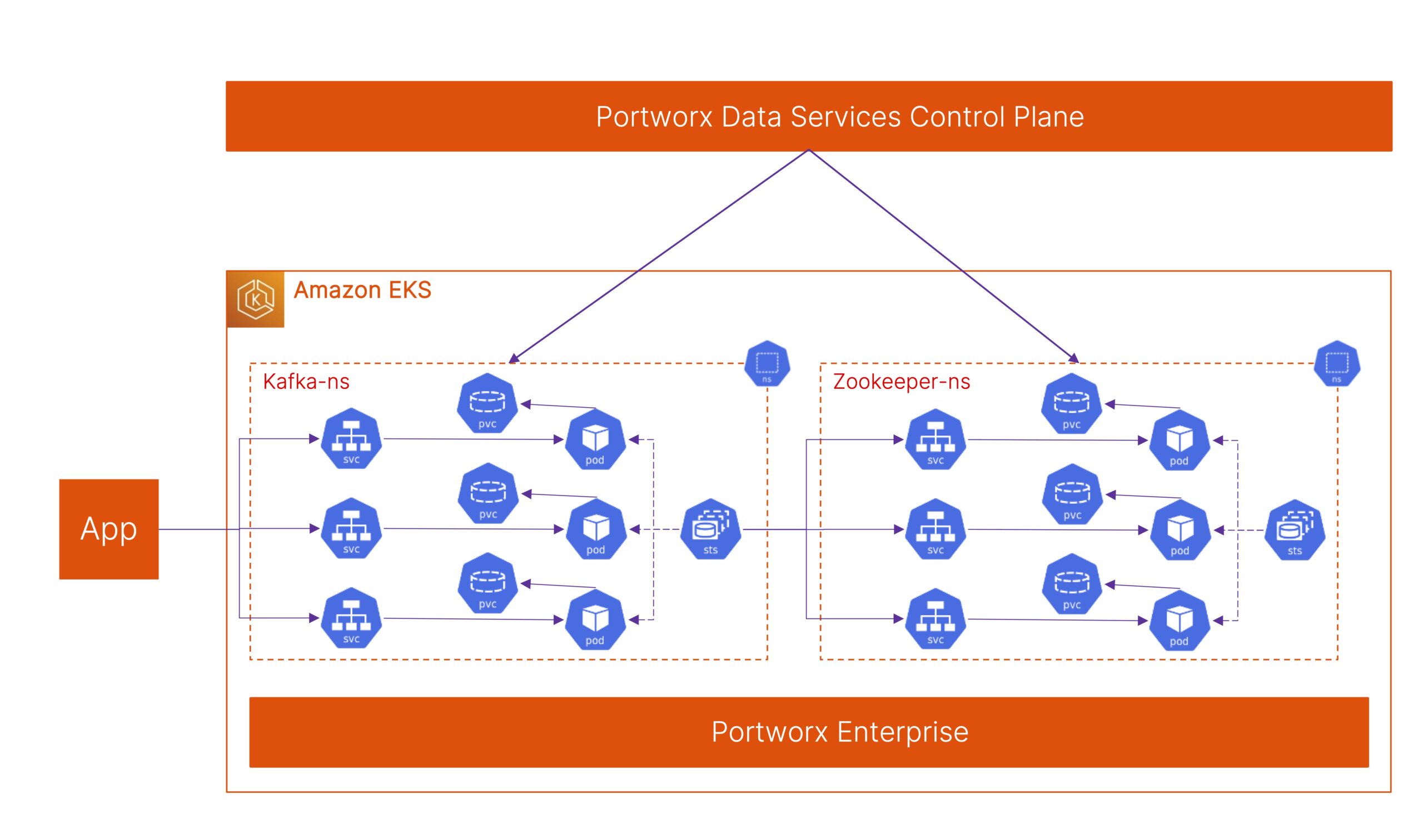Any non-trivial application uses some type of database, queue, or key-value store to manage state. However, when it comes to running these data services in containers, problems multiply because containers and popular schedulers like Kubernetes, Mesos, and Swarm aren’t designed to handle the problems associated with databases. Portworx provides a single data management layer for all your stateful services, no matter where they run.
Problems with containerized databases today:
- When a container dies, it can lose data if persistence is not set up correctly.
- Popular schedulers are not designed for stateful services and provide only limited functionality.
- App-level replication requires domain-specific knowledge for each database.
Portworx Works with Any Database, Queue or Key-value Store that Runs on Linux






Consistent Management for Any Database
As microservices become more specialized, so do the stateful services used to power them. Portworx doesn’t support just PostgreSQL or MongoDB, but a wide range of databases, queues, and key-value stores depending on the task at hand. Becoming an operational expert on the dozens of services available is impossible and unnecessary. Portworx provides a single data management layer for all your stateful services, no matter where they run.
True Data Management Using Your Scheduler of Choice
The most popular container schedulers – Kubernetes, Mesos and Swarm – provide limited management capabilities for stateful services. Portworx’s deep scheduler integration gives you the benefits of Portworx storage management, directly through your scheduler.
Cross-AZ HA Built In
Portworx clusters automatically span hardware racks and availability zones, so you can run databases and stateful applications uninterrupted by hardware failures and public cloud outages. Additionally, using your scheduler of choice with Portworx container-granular replication means that losing a node or disk in your cluster doesn’t result in downtime or degraded performance.






